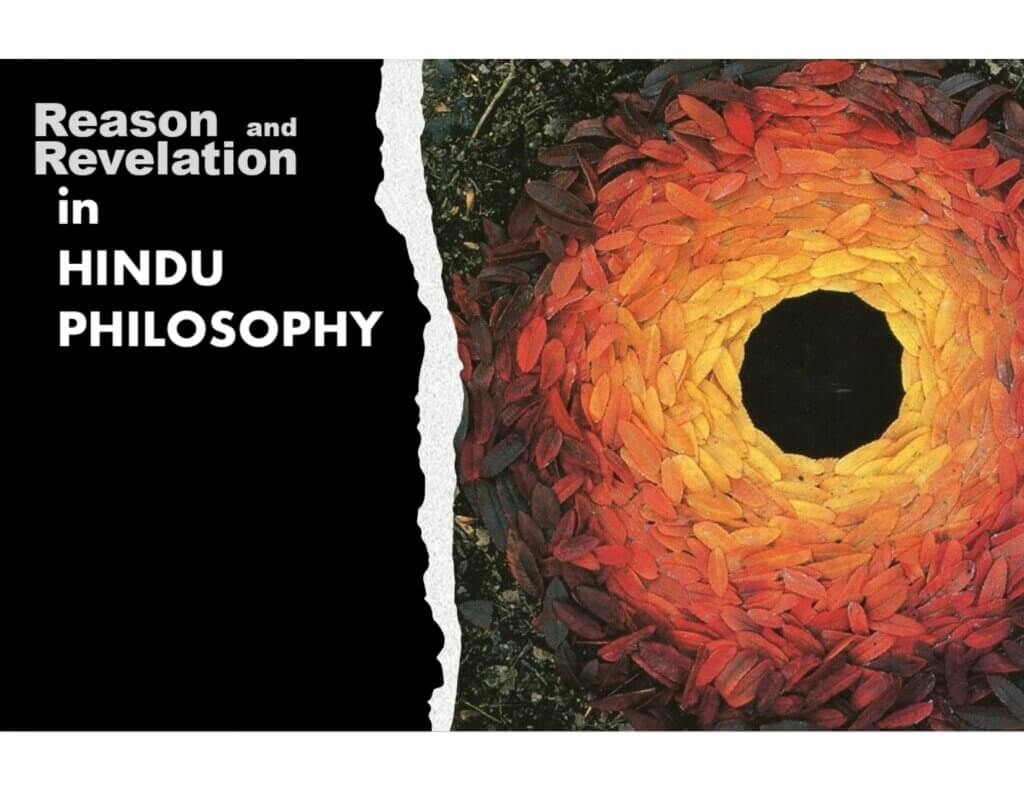
Annual Giving Campaign - 2023-2024 is under way. Donate today by Clicking Here, and help us reach our goal.
So far, $908,047 has been raised out of a target of $ 3 Million. Click Here to donate today and help us reach our goal.


This course is part of the following programs:
Admission into a qualifying Program of Study.
There are no prerequisite courses.
The ability to read complex texts and follow sustained arguments is required.


The course begins with a brief overview of the Jewish revelation, focusing on cosmology, ethics, and the human condition, while methodically trying to understand the principles of interpretation germane to it. Next we will explore the Christian interpretation of this revelation, and trace its history through readings from Tertullian, Ireneus, Saint Augustine, Saint Thomas Aquinas.
With the Reformation, the interpretation of Christian revelation undergoes a profound change. Whereas Augustine and Aquinas attempted to harness Greek philosophy in the service of Christian theology, beginning with Luther, history begins to dominate biblical hermeneutics. We will demonstrate how the modern study of religion grows out of this dedication to the historical method. Readings include selections from the Hebrew Bible and the New Testament and, from the Indian tradition, brief sections from the Ṛgveda, Upaniṣads, Mahābhārata, Jaimini, Śaṅkarācārya, Sāyaṇa, and Rāmānuja.
The following books are required: Robert Louis Wilken, The Christians as the Romans Saw Them; Etiénne Gilson, Reason and Revelation in the Middle Ages; Augustine, Confessions; and Aquinas, On Faith and Reason. Additional readings will be provided as needed.
The class will meet for six hours each week over two separate sessions. The course is structured as a series of lectures. Students will be asked to complete brief assignments (typically between 3–5 questions) to test their comprehension of the materials presented in class. There will be final exam. This is a take-home exam.

Sign-up for HUA communications
Main Campus:
Administrative Office:
Sign-up for our free webinars
"*" indicates required fields


